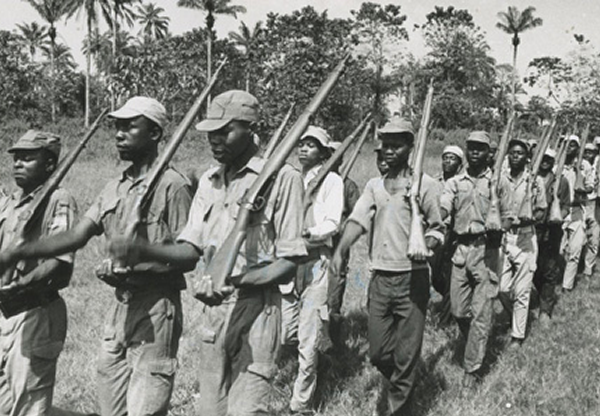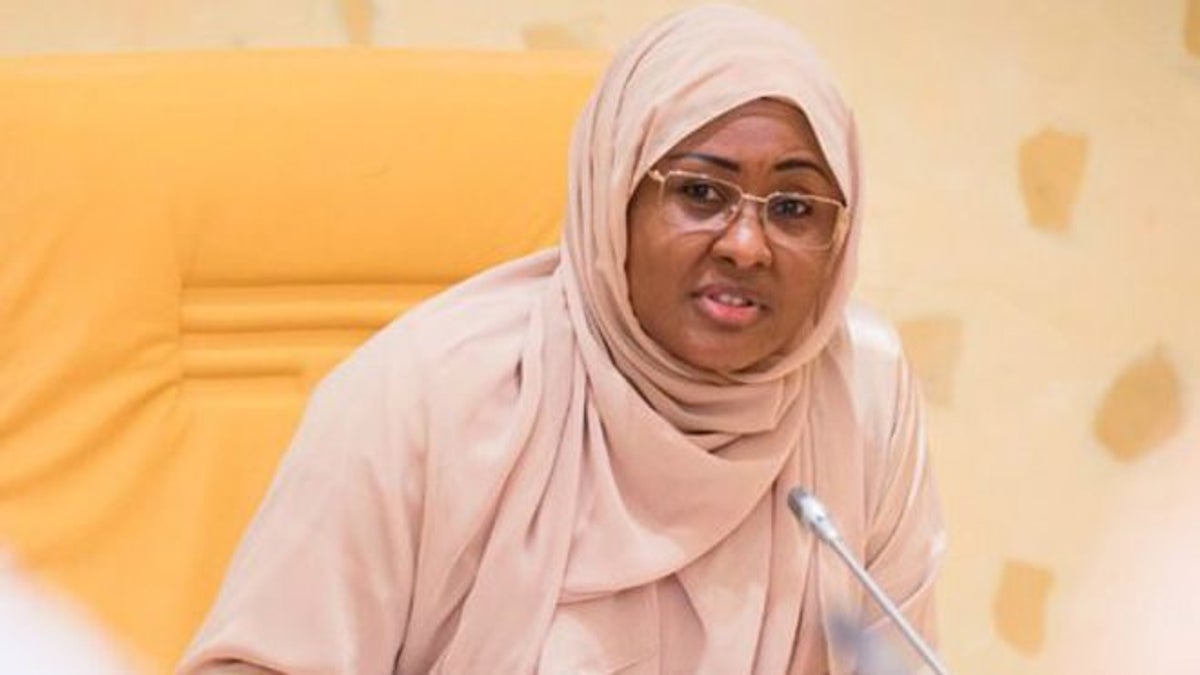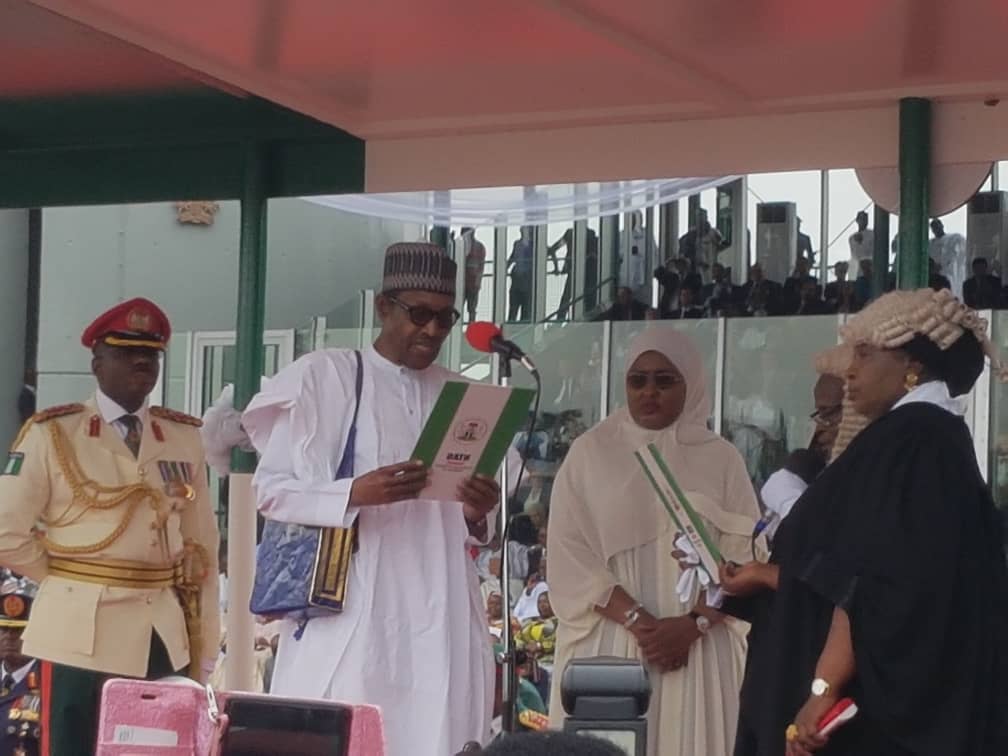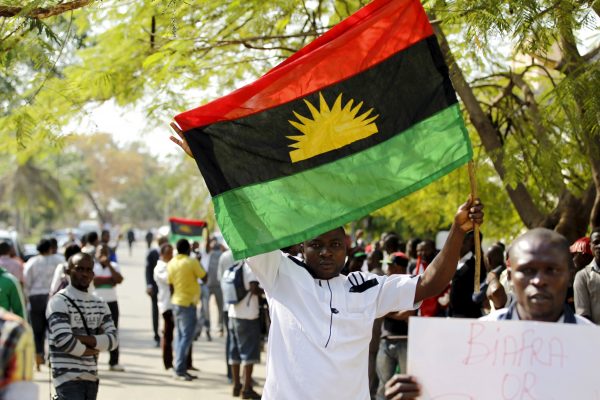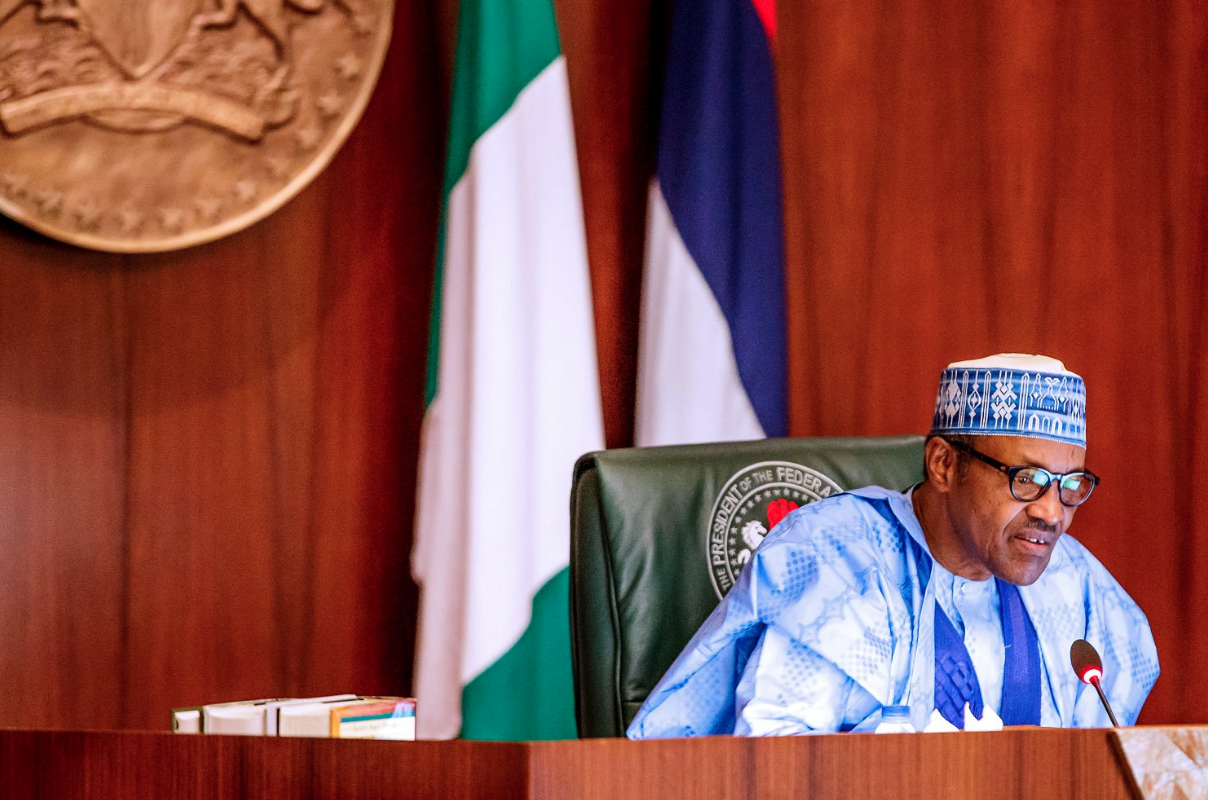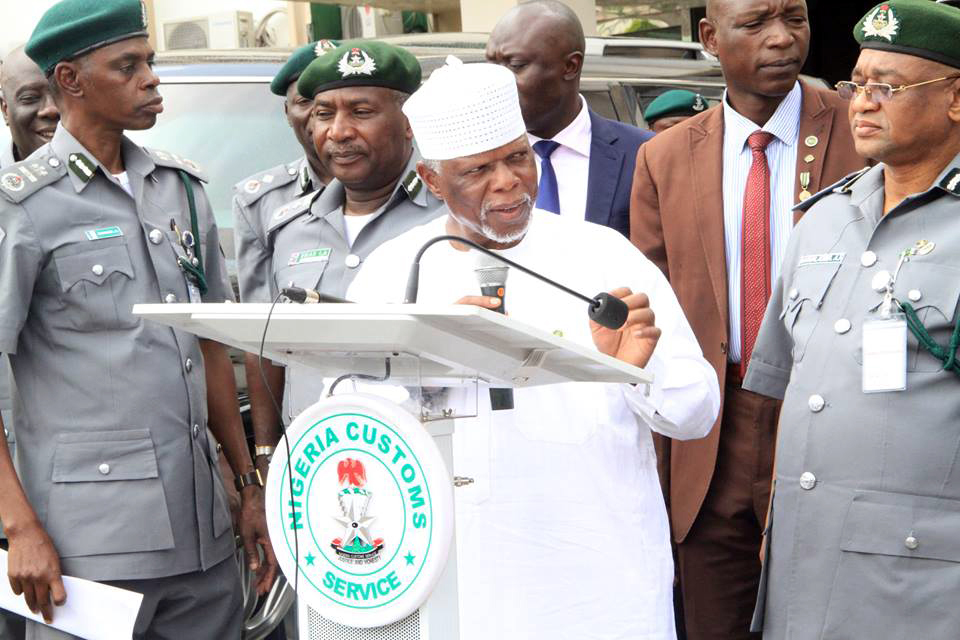BY PELUMI OLAJENGBESI
Two days ago, we marked the commemoration of the outbreak of the Civil War in Nigeria between 1967 and 1970, a three year internecine war which evidenced the single greatest bloodshed and loss of life ever recorded in our national life. That it came less than a decade into the life of the newly independent Nigeria is a cause for sober reflections made all the more severe by the fractious differences that pit ethnic groups against each other in a battle for sovereignty and political control.
It takes a degree of courage and moral compass to call the civil war a needless war and genocides against the Igbos and the other minority tribes caught in-between. By genocide one is concerned, of course, not only by the deaths of Biafran soldiers who made the conscious choice to put their lives on the line to defend their newly found, even if contested, territory but also by the deaths of civilians especially women and children by mortars and starvation.
I am quite aware of how sensitive the issue of the Civil War is, and how sentiments and opinions vary and differ largely along ethnic lines. We may have come several years away from that blood-splatted pogrom but the issues which gave rise to the war remain real and amongst us.
Advertisement
Ethnic tension and religious bigotry. Twin evils continually bedeviling our nation and stoking the embers of intolerance, nepotism, distrust and disunity. As it was in the days of the Civil War, so it remains unto us today. By taking over the political reins from our British colonizers without clearly mapped out ideological and practical blueprints to fully integrate all ethnic groups and religions in the country, Nigeria was indeed a rudderless ship hearing to the precipice of war.
The forced amalgamation of the independent territories that now make up Nigeria with tribal sovereignty and way of life sacrificed on the alter of western edifices for political and economic ease, reasonably proves that Nigeria was, ab initio, a contraption doomed to implode if the ideological precepts for national integration were lacking or political
will scarce at independence.
What should have been an emancipating early years of independence was underscored by primitive rush for wealth, ethnic rivalry for authority and severe regionalism that ripped the fabric of a potential true unitary government and leadership. The consequence has been that over the years, tribal considerations take precedence over merit while religious differences have raised an indignation against tolerance.
Advertisement
By 1965-’67, the Igbos found themselves questioning their place in a country that habitually dumped down on their industry, while minority tribes in the north were overwhelmed by the overriding politics of the Hausa-Fulani hegemony. The Yorubas appeared balanced on an epoch that witnessed great internal stimulation in its western hold and were disinterested, it would seem, in facing headlong other issues not directly deriving from its region.
Regional politics indeed held sway at the center and it is with little surprise that one greeted the first and second coups that soon developed with tribal undertone. It was glaring then as it is now that the unaddressed residues of angst from tribal distrust and disunity would plunge this nation into a whirlpool of death and destruction. And indeed it did.
Our failure to pick up lessons from that era has meant reliving the same tribal discontent and accusations and counter-accusations amongst tribes alleging the attempt by one or the other to subjugate others through political and economic control. It is not history that repeats itself but men who repeat their mistakes from the annals of history.
The underlying cause of the Civil War of yesteryears continues to haunt us in our national and private lives, and within the last four years have been more pronounced than ever before. Allegations have been rife, once again, of one tribe seeking to force their will on the other and tribal sentiments have been so whipped up; our national identity is in shreds.
Advertisement
Whether or not the claims that one tribe is on a mission to dominate the others is real, the fear is palpable, the apprehension can be felt across the country and the tension steaming just beneath the surface threatening to upturn our lingering semblance to civility as a democratic nation. The pertinent question is: what is the government of today doing to assuage this issue? What policies or actions have been put firmly in place to show that this concerns are unfounded or where founded, that they will be dealt with appropriately and immediately without delay?
The hubris of the President Buhari-led national government would be its inability to listen to independent counsel and accept that it simply cannot know it all. Incidental to this is its apparent aloofness to the fears and challenges of the people it leads while bringing on nepotic appointments as its State policy.
Former President Olusegun Obasanjo’s outcry of a Fulani agenda to take over the country is a case where the cliché “not to throw away a baby with the bath water” comes into application. Besides, President Buhari himself once described Obasanjo as a man who is not afraid to speak truth to power thus lending some form of credence to his call for the ‘re-nationalization’ of Nigeria. While it is unwise to take the said outcry simply at its face value, it does should bear in mind that a man of his standing would lend a voice to, thus becoming the rallying point of, the building fear that the scales of national equality is being tipped in favour of one tribe.
Nigeria’s Multi-Culturalism has been, sadly, more a burden than a blessing principally because of the lack of political will to cultivate the ‘volkgeist’ pride in one Nigeria where our identity is our ‘Country First’ above anything else. The failure of successive administrations of Nigerian Government to advise itsself on the mistakes of the past and set itself on a path to quell ethnic tension is cause for great worry.
Advertisement
As a country, we’ve had a sizable share of true patriots but are in dire need of more. True patriots are detribalized and do not share the nation along 5 and 95% ratio. Nigerians are people not statistics, and Nigeria is the common inheritance of all Nigerians at a per equal basis.
My hope is that we someday find ourselves in the hands of a leadership that is truly alive to the challenges of nation building and its sustenance. I also implore all Nigerians, against the backdrop of our past experiences, to forgive, forget, heal and let go. Nigeria needs deep healing and it begins with you and I.
Advertisement
Olajengbesi is a legal practitioner and principal partner at Pelumi Olajengbesi & Co. Law Corridor.
Advertisement
Views expressed by contributors are strictly personal and not of TheCable.
Add a comment
